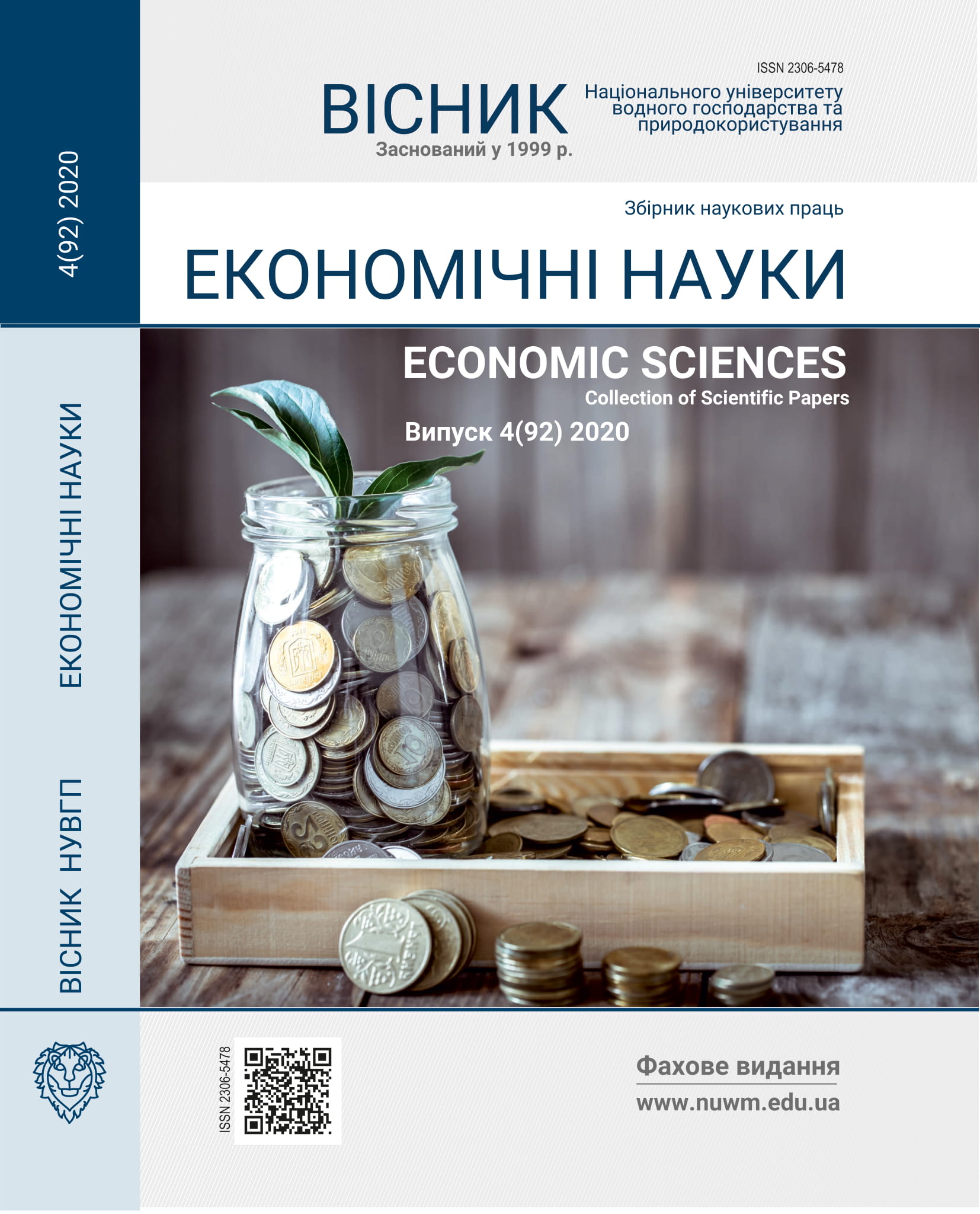POSITIVE ACCOUNTING THEORY (РAT): OVERVIEW OF CONCEPTUAL PROVISIONS
DOI:
https://doi.org/10.31713/ve420201Keywords:
positive accounting theory, PAT, normative accounting theory, accounting research, accounting.Abstract
This paper reviews the positive accounting theory (PAT). The article reveals the basic provisions of the positive accounting theory. The philosophical objective of positive accounting theory is to explain and predict current accounting practice. Positive accounting theory seeks to understand why accounting practices are employed by accountants in different circumstances and by different firms. The three hypotheses of positive accounting theory were described: the bonus plan hypothesis, the debt covenant hypothesis, the political cost hypothesis. PAT emphasizes whether the accounting theory put forward in the accounting literature can explain the accounting practices carried out and predict the cause of the phenomenon that is happening now and its influence in the future.References
Setyorini C. T., Ishak Z. Corporate social and environmental disclosure: A positive accounting theory view point. International Journal of Business and Social Science. 2012. Vol. 3. No. 9. May 2012. URL: http://www.ijbssnet.com/journals/Vol_-3_No_9_May_2012/17.pdf. (data zvernennia: 20.10.2020).
Deegan C. (2014). Financial Accounting Theory. Australia : McGraw-Hill.
Scott W. R. (2015). Financial Accounting Theory. Canada : Pearson Prentice-Hall.
Wiratama R., Marselinus A. A. Literature Review: Positive Accounting Theory (PAT) (January 22, 2020). URL: https://papers.ssrn.com/sol3/papers.cfm?¬abstract_id=3523571. (data zvernennia: 20.10.2020).
Accounting and Corporate Reporting. Today and Tomorrow. Edited by Soner Gokten. Başkent University, Turkey, 2017. URL: https://www.intechopen.com/books/accounting-and-corporate-reporting-today-andtomorrow/accounting-choices-in-corporate-financial-reporting-a-literature-reviewof-positive-accounting-theor. (data zvernennia: 20.10.2020).
Silva A. H. C., Sancovschi M., Santos A. G. C. (2019). The opportunistic approach of the Positive Accounting Theory (PAT) fails to explain choices made at OGX: An anomalous situation? Revista De Contabilidade E Organizações, 13. URL: https://www.revistas.usp.br/rco/article/view/164412/161414. (data zvernennia: 20.10.2020).
Ma Yisha. Analysis on Efficiency and Opportunistic Perspective under the Pat. The Frontiers of Society, Science and Technology. (2020). Vol. 2. Issue 17. 71–79. URL: https://francis-press.com/papers/3254 (data zvernennia: 20.10.2020).

